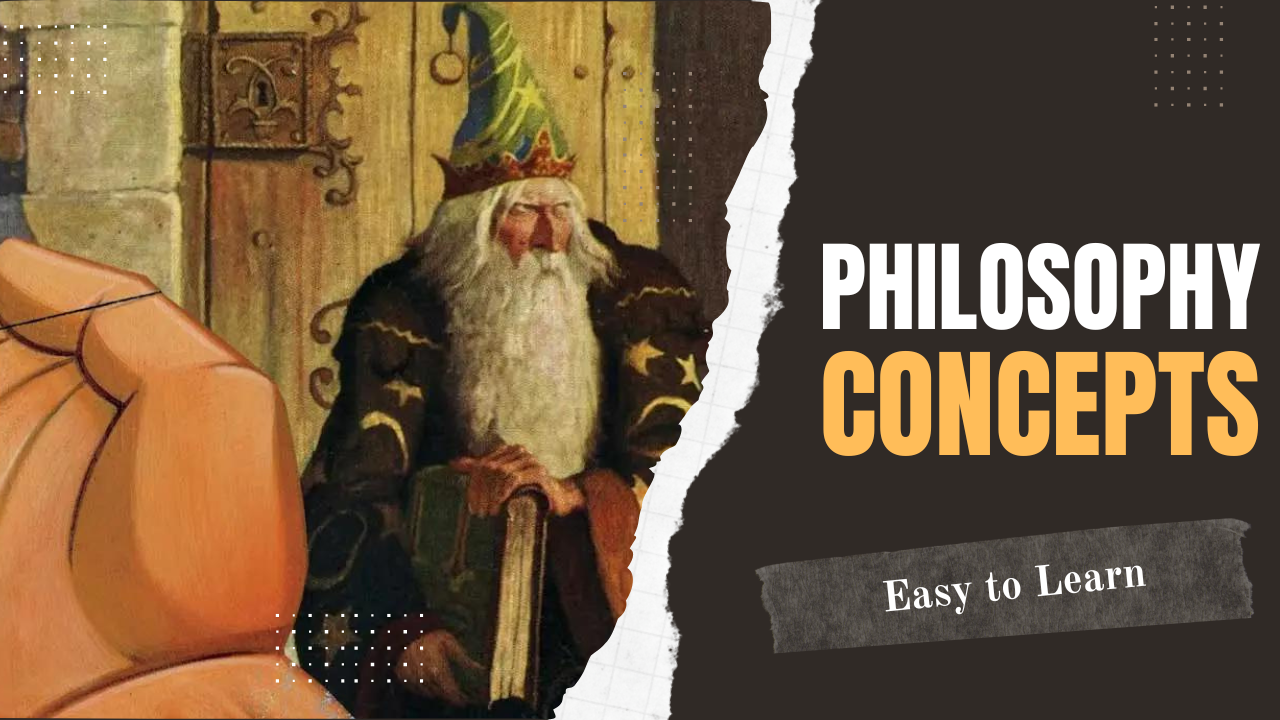Meanings of Philosophy
Starting from the very basic, the term Philosophy means “Love of Wisdom”. Moving ahead from this simple concept to the broader one, its like an activity which people undergo when they dive into questions about their fundamental reality and truths about themselves, these questions may be related to the world in which they are living, their relationship to others and this world, or they might be quizzical about reality of existence, origin and sources of knowledge and origin of universe too. Generally, it can be termed as a way of thinking that embraces contemplating existence, shaping thoughts, acquiring knowledge, understanding time, and valuing principles.. Those who study on philosophical grounds continuously ask, answer, and argue the basic questions about life and reality.
One can say that a multidisciplinary area characterizes itself with a core of systematic inquiry. This systematic inquiry about existence, knowledge, reality, and ethics demonstrates a commitment to critical thinking, conceptual analysis of things, and examination of foundational assumptions. Blackburn (2016) defines it as a systematic exploration of questions about reality, truth, and value, often achieved through careful analysis of our ordinary concepts.
Key Features
One of the key features is insistence on critical thinking and to bring up the intellectual virtues. As mentioned earlier, philosophers continually engage in evaluating and re-evaluating arguments, pinpointing deficiencies, and formulating conclusions in a logical, reasoning-based, and justifiable manner. This reasoning here depicts the concept of William Hare (2017), who conceptualized it as “The Art of Thinking Clearly”.
Another hallmark of Philosophical questioning involves conducting conceptual analysis, aiming to elucidate clear and precise explanations for often complex and enigmatic concepts. Philosophers aim to make clear the content and structure of concepts and enable more specific analysis and communication. This concept of Philosophy is in alignment with opinion of Timothy Williamson who regards Philosophy as “Conceptual Engineering”.
The Dialectic Method, a trademark of Philosophy, involves philosophers engaging in healthy discussions and systematic debates. This method rigorously examines ideas and positions to foster a deeper understanding of complex matters, aligning with the notion that Philosophy is a Dynamic Conversation.
In this method, ideas and positions undergo rigorous examination to promote a deeper understanding of complex matters, aligning with the notion that Philosophy is a Dynamic Conversation.
From the above discussion, it is concluded that Philosophy encompasses three dimensions: systematic examination, dialectical method, and the evaluation of different opinions through logic and reasoning.
Alternatively, Philosophy has four Rs at its core: Responsiveness, Reflection, Rationalism, and Re-evaluation.
Modern Philosophy
In a nutshell modern philosophy develops as a rich mosaic of conceptual analysis, ethical exploration, dialectical commitment, and critical thinking. Within this area of study, philosophers work to refine their conceptual lenses, systematically assess the arguments, and provide thoughtful responds to hard queries regarding the basis of reality and the state of humanity.
Apart from this discussion we have a wide variety of philosophical topics on https://lushncool.com/. If you dont find any related topic you can order us to write a copywriter content on https://www.fiverr.com/syed_aqs . We will write a SEO based content for you.
Definitions of Philosophy by different Philosophers
Different Philosophers have different mindsets and everyone defines philosophy according to his own understandings. Based on this argument, Philosophy can generate numerous definitions, encompassing aspects like:
Socrates: “Philosophy is a daily activity by human beings”.
Plato: “He who has a taste for every sort of knowledge and who is curious to learn and is never satisfied may be justly termed as a philosopher.”
Aristotle: “the pursuit of knowledge through reasoning is Philosophy”.
Hegel: “The proper method of philosophical science must link concretely the development of the human mind and its rational powers to actual experience”.
John Dewy: “Method of locating and interpreting the more serious of the conflicts that occur in life, and a method of projecting ways for dealing with them: a method of moral and political diagnosis and prognosis”.
Stay tuned for the next blog and where we will discuss about branches of Philosophy which are Metaphysics, Epistemology, Axiology and Aesthetics.


